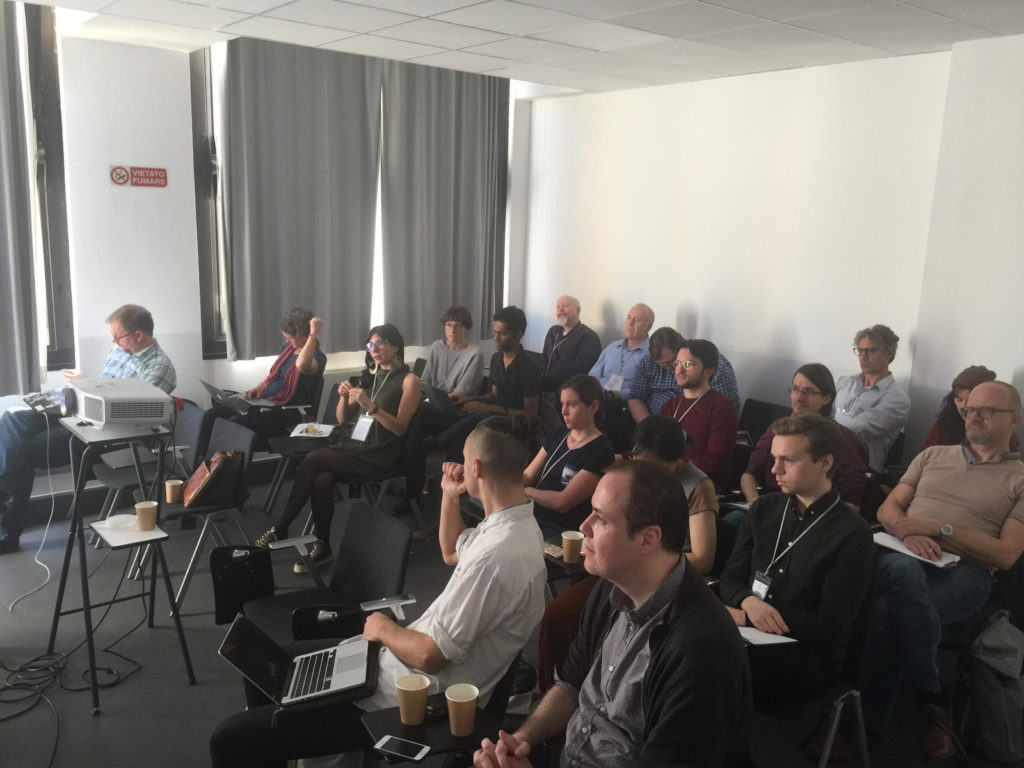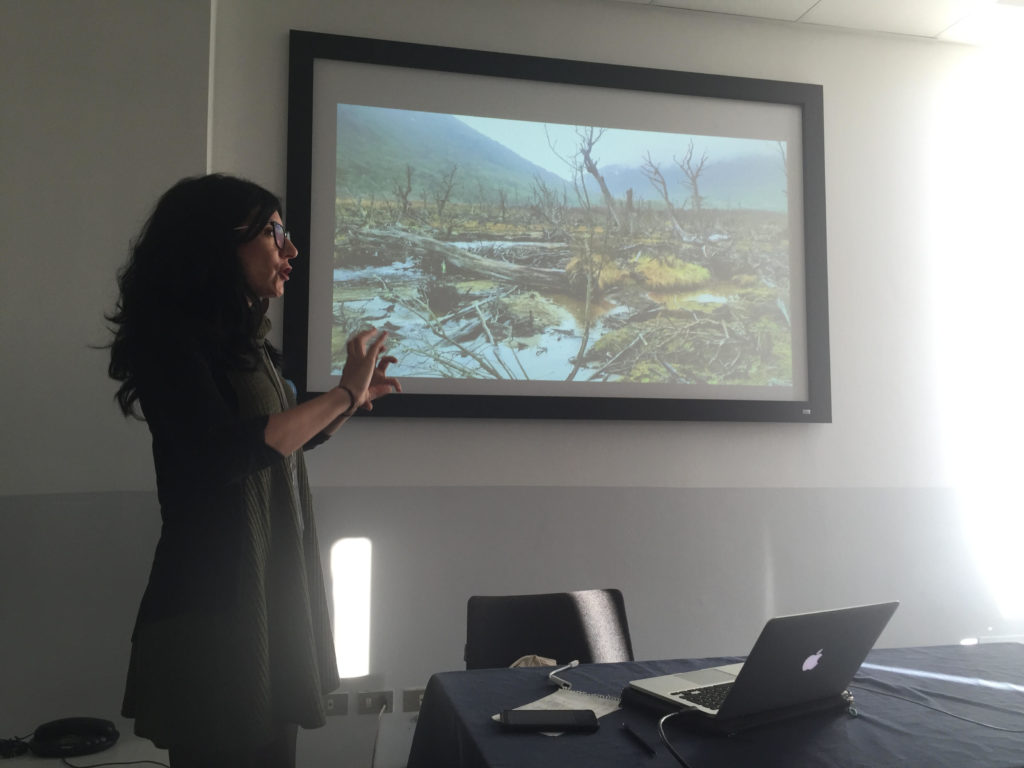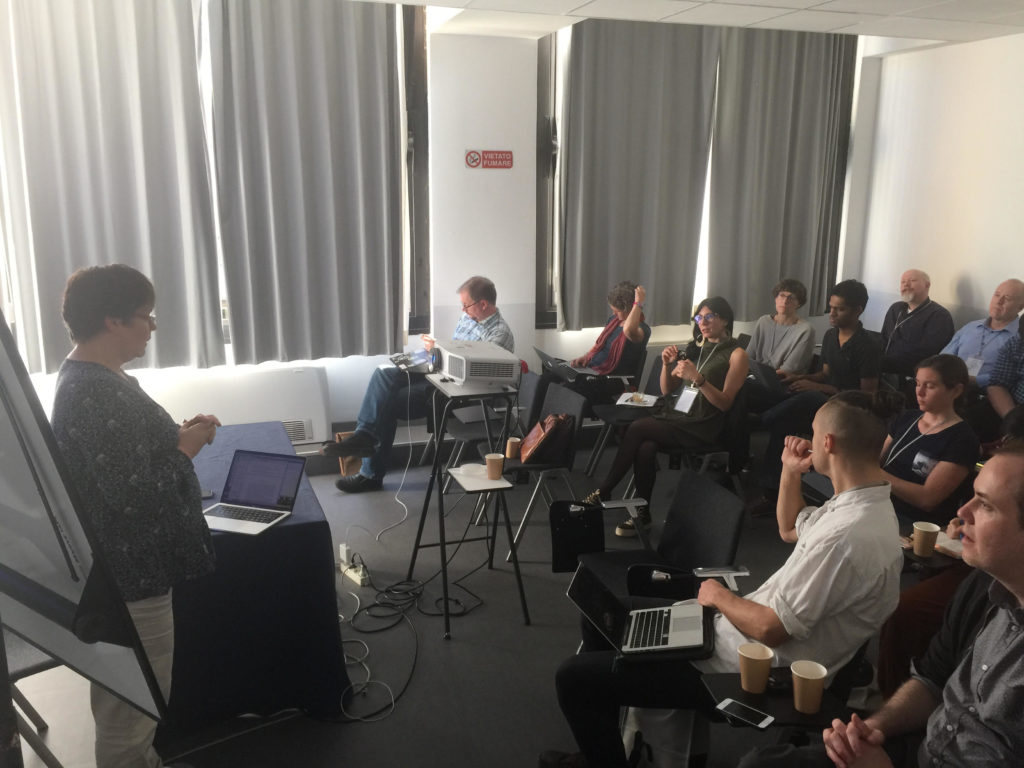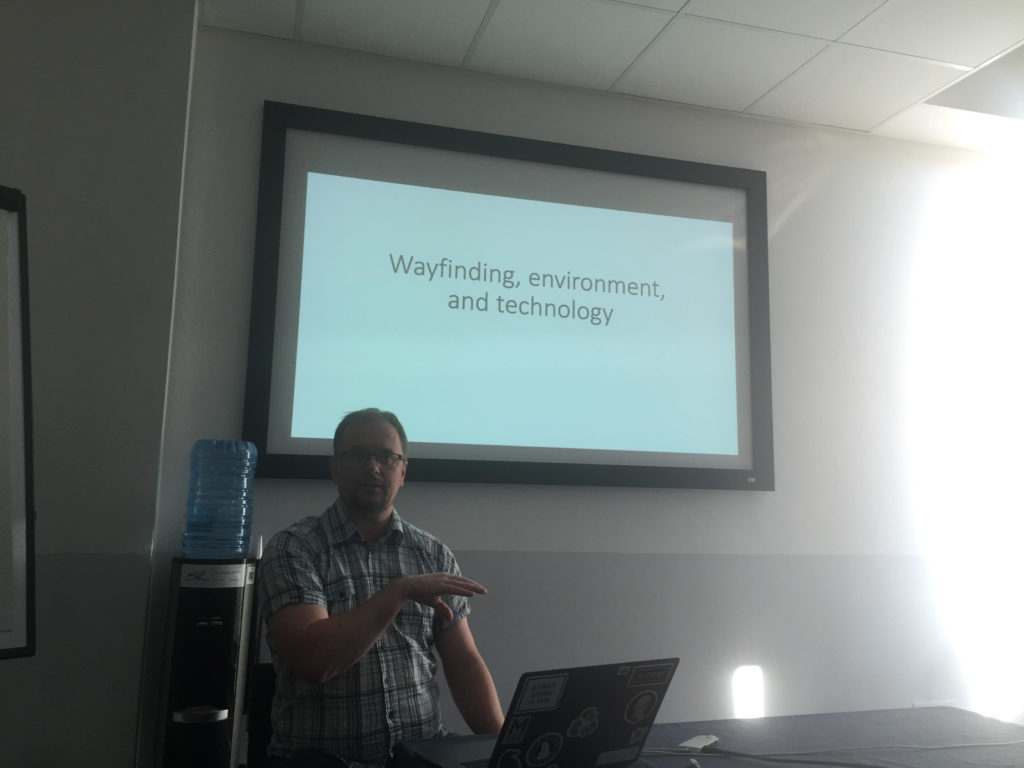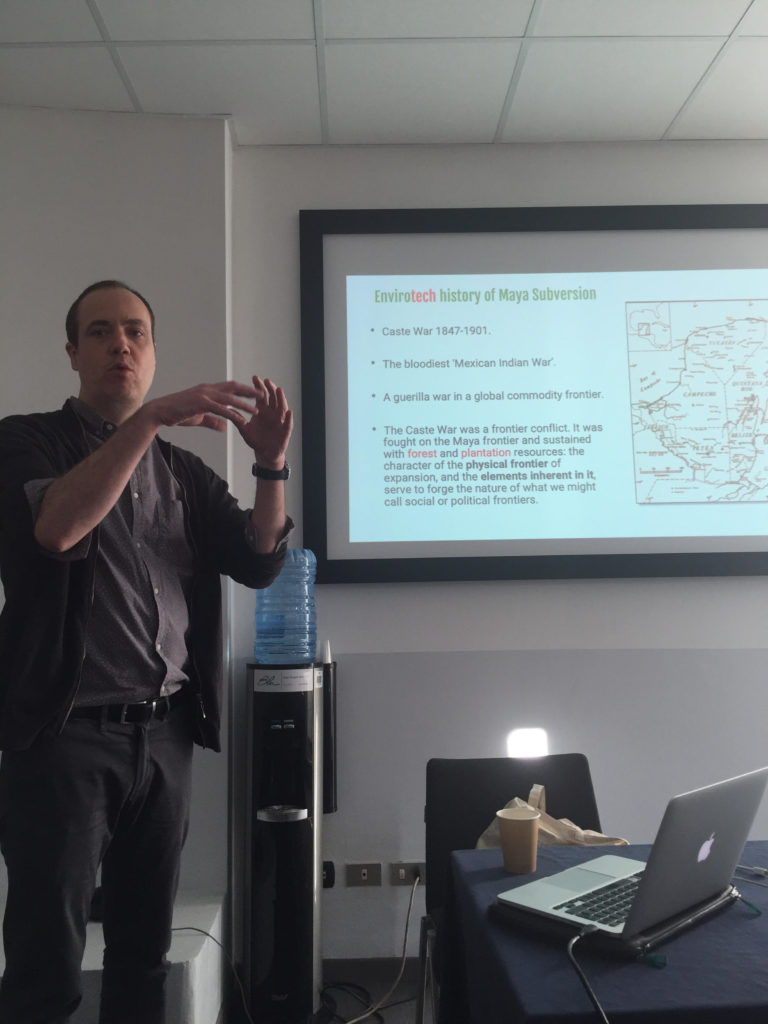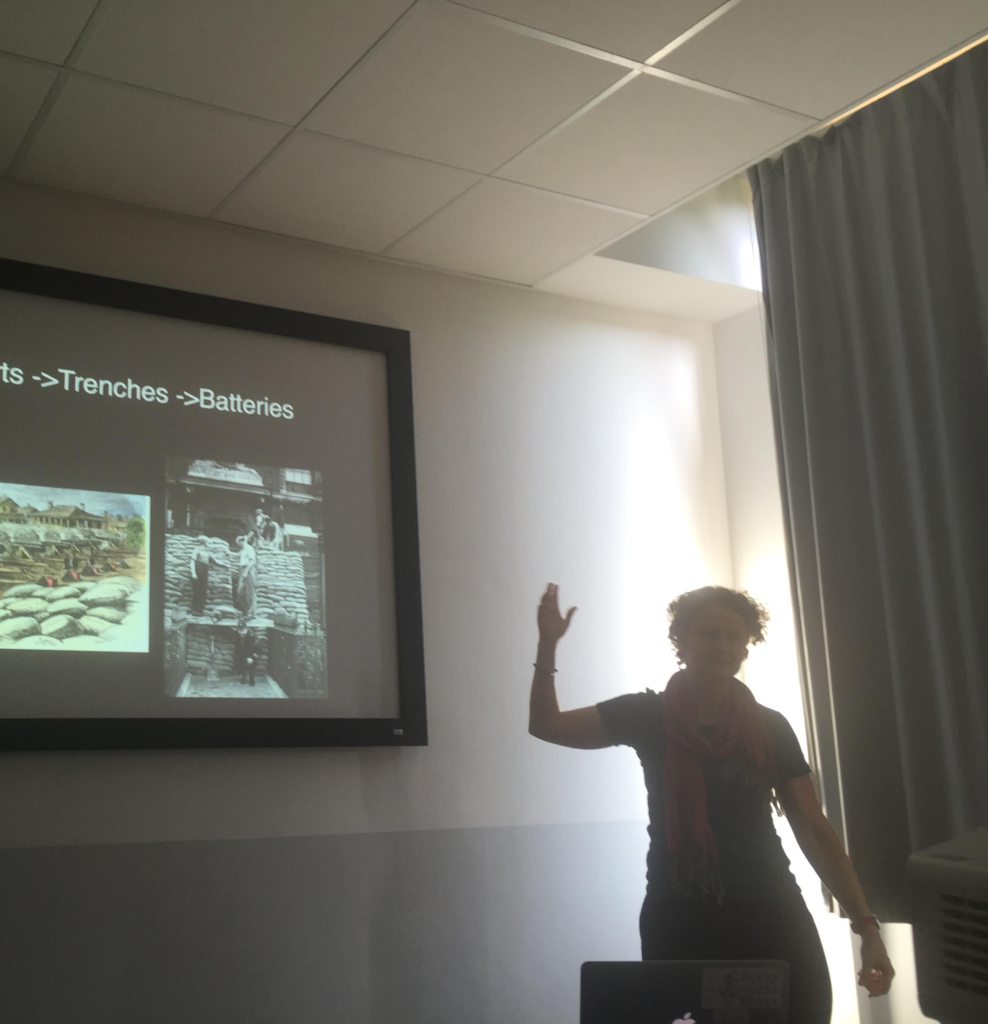This is a call for papers for a workshop that will explore the intersections of history of technology and environmental history in modern British contexts. “It can be difficult to write environmental history without paying at least passing attention to technology”, noted Jeffrey K. Stine and Joel A. Tarr over a decade ago, in a ground-breaking survey article, “Conversely, it can also be difficult to write technological history without touching on some environmental element”. This entanglement has remained the case even as both historical specialties have explored an increasing diversity of technologies and environments. Yet it is also true to say that both specialties have taken different, perhaps more expansive, trajectories in the United States and continental Europe than in Britain, both as a location for writing and as a topic of study.
We are inspired by a number of exciting investigations. For example, Harriet Ritvo located the dawn of modern environmentalism in the conflict to secure Thirlmere in the Lake District for Manchester’s technological system of water supply; Richard Grove, on the other hand, identifies British imperial contexts in his answer to the same question. While historians of the sea, space and polar regions have explored life-preserving, unmistakeably technologically-mediated environments, technologies also frame all aspects of British encounters with nature and environment. Wilderness, however, is not our theme: from Arthur Tansley’s opening observation in The British Islands and their Vegetation (1939), that his topic was thoroughly “semi-natural”, through Oliver Rackham’s distinctive insistence on the human-made history of woodland, there has been recognition of the deep artificiality of British environments. In the nineteenth and especially twentieth centuries, the industrialisation of organisms, for food, sewage and materials, has gathered pace. What are their histories? Bill Luckin has traced the environmental histories of London’s air and river, but what are the histories of intersections between urban technology and environment in other cities? With the motorcar, did the contrast between city and countryside, the cultural power of which was dissected so well by Raymond Williams, falter? One kind of answer might be found in the rich history explored by David Matless, for one country, in Landscape and Englishness. There are histories of environment and technology from above (Kitty Hauser’s Bloody Old Britain) and below (Ted Nield, Underlands).
This intersection of subjects will necessarily draw on studies from different scholarly specialties: general history, the cluster around the crossroads of “Science and Technology Studies” (STS, including the history and sociology of science and technology), historical geography, and environmental history. This call for papers recognises this fact, while seeking to focus discussion productively by asking for papers that satisfy all three of the following criteria: a) papers that take a primarily historical approach, b) papers that focus on Britain, broadly understood, and c) papers that discuss both technology and environment.
Possible subjects include, but are not restricted to:
- Technological systems and their environments. Technological systems (in Thomas P. Hughes’s sense), include: networks of light and power, water, sewerage, communication, roads, rail and flight
- Urban environments, artificial/natural
- Industrialised organisms in countryside and city
- Domestication of nature and technology
- Evolutionary history (in Edmund Russell’s sense) of modern Britain
- Infrastructures and pathogens, air and pollution, gardens and weeds
- Bureaucracy (the ‘Government Machine’), nature and conservation
- Maintenance
- Agency as a historiographical issue in history of technology and environmental history
- Comparative national (and transnational) historiographies of technology/environment as steps towards a critical historiography of the technologies and environments of modern Britain
Technology, Environment and Modern Britain will take place at UCL on Wednesday 27 April 2016. Registration will be free.
We invite proposals for thirty-minute papers. Proposals of no more than 350 words, together with the name and institutional affiliation of the speaker should be sent to Jacob Ward at jacob.ward.12@ucl.ac.uk. The closing date for submissions is 1 December 2015.
The workshop is convened by Jon Agar, Professor of Science and Technology Studies, UCL and Jacob Ward, Doctoral Candidate, UCL/The Science Museum.
Kind regards,
Jon Agar and Jacob Ward
